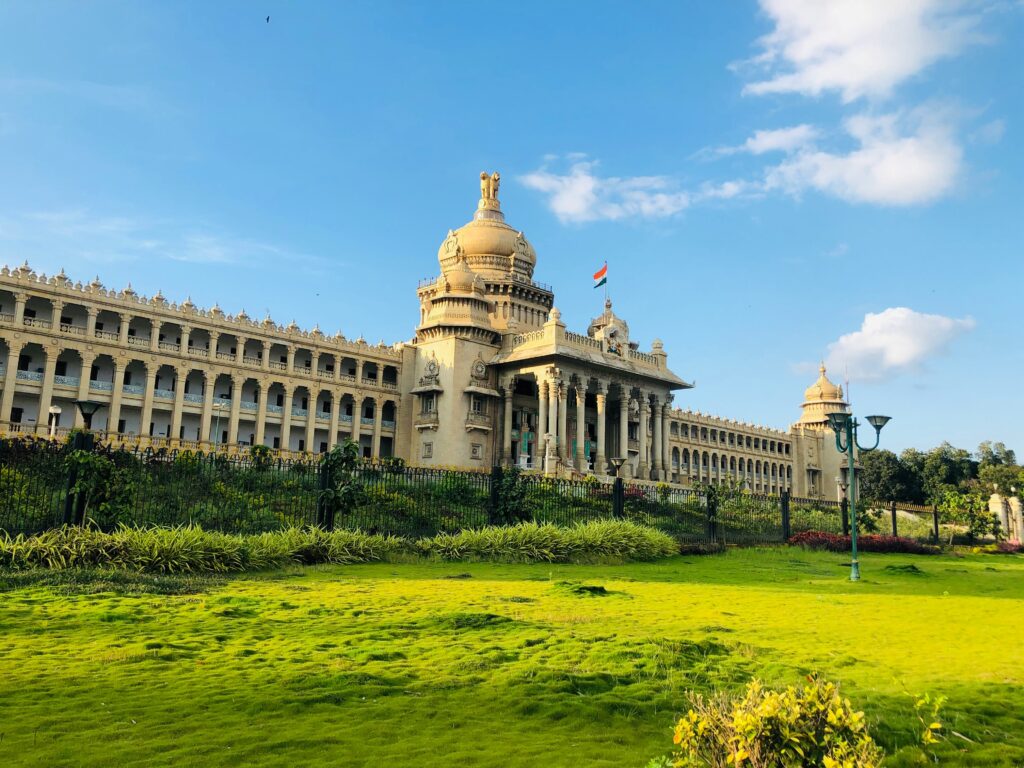
Representative Image | Photo Credit: Arif Khan
Karnataka govt. clarifies: Proposed working hour amendments won’t breach 48-hour weekly cap
Amid growing concerns and opposition, the Karnataka government has issued a formal clarification regarding its proposed amendments to the Karnataka Shops and Commercial Establishments Act. The government emphasized that the weekly working hour ceiling will remain firmly capped at 48 hours, in line with both Indian labour laws and international standards.
Despite the government’s assurances, the move has sparked criticism, particularly from the Karnataka State IT/ITeS Employees Union (KITU), which has strongly opposed the amendments. KITU described the proposal as regressive and equated it to “modern-day slavery”, urging workers across sectors to unite against it.
“The amendment proposal does not alter the weekly limit of 48 working hours in any manner,” the government stated, adding that the suggested changes are in full compliance with International Labour Organisation (ILO) conventions and do not breach any global or national labour standards.
Currently, the law permits up to nine working hours a day. The amendment proposes to extend this to a 10-hour day, including a mandatory one-hour break, thereby keeping the actual work time unchanged at nine hours. The upper limit of 12 hours per day would only apply in cases involving overtime and is inclusive of those extra hours.
According to the state government, the primary goal of the amendment is to introduce greater flexibility into work schedules. If implemented, the changes would allow employees to complete their weekly 48-hour workload over fewer days—potentially enabling longer breaks or custom schedules, depending on mutual agreement between employers and workers.
“This proposal is meant to empower both employees and employers with more flexibility while safeguarding existing rights,” the government said. It also confirmed that the proposal is still under active consultation, with no final decision taken yet.
On June 18, 2025, the Department of Labour convened a tripartite meeting involving trade unions and industry stakeholders to deliberate on the proposed revisions to Section 7 of the Act.
